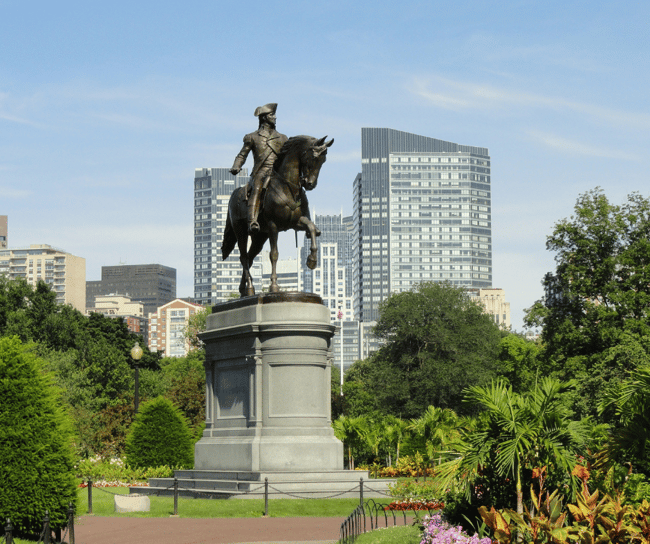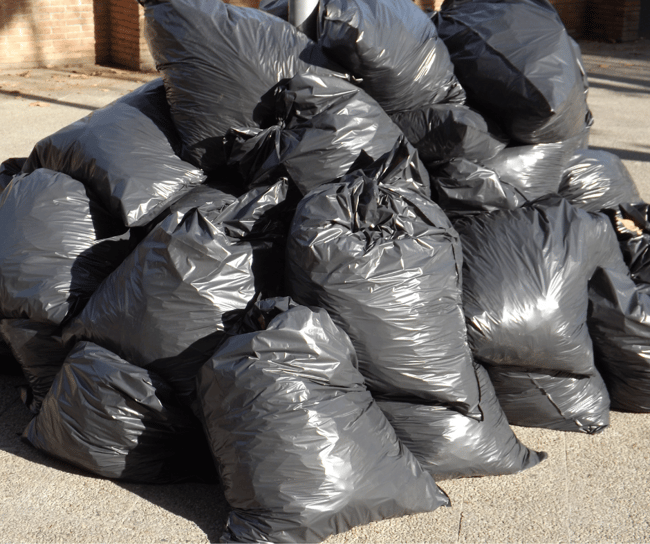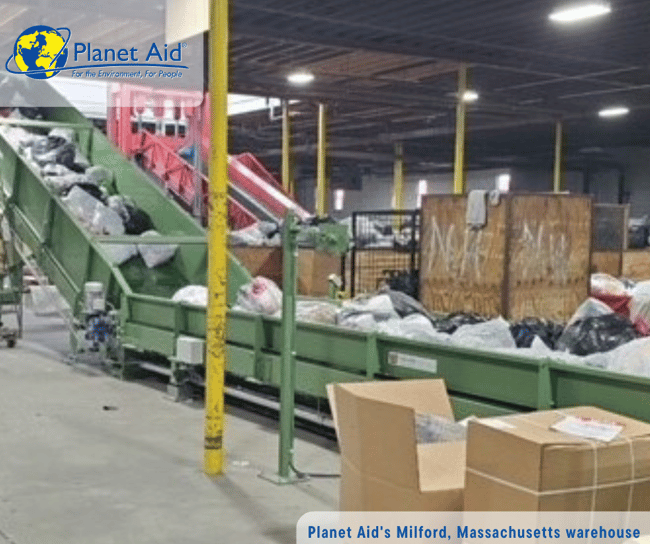The Massachusetts Textile Disposal Waste Ban is Now in Effect

A new era of waste recycling has begun in Massachusetts. Residents can no longer throw out textiles in their trash because of a new waste ban implemented by Massachusetts Department of Environmental Protection (MassDEP). Textiles include items like clothing, shoes, bedding and towels. According to a report from WNBC Boston, the ban does not apply to textiles that are contaminated with mold, bodily fluids, insects, oil or hazardous substances.
The textile waste disposal ban began on November 1, 2022 with an eye toward 2030 to reduce landfill waste by 30 percent. What does this mean in practical numbers? It means a decrease of disposal by 1.7 million tons annually by 2030, starting from a 2018 baseline of 5.7 million tons to 4.0 million.

Textiles are just one of the bans going into place this November—the ban also includes mattresses as well as commercial food material by companies generating more than a half-ton per week. Although, some might consider these measures as micromanaging trash, the purpose is to encourage recycling, repurposing and donating items for reuse.
MassDEP's website states, "Waste bans boost recycling and support the recycling industry, which contributes thousands of jobs and millions of dollars to the Massachusetts economy. By cutting down on disposal, the waste bans also help us capture valuable resources, save energy, reduce greenhouse gas emissions, and lessen our reliance on landfills and incinerators"
Waste bans are not new to the Bay State. The first waste bans began in 1990 for landfilling and combustion of easy-to-recycle and toxic materials. The list has grown over the years to include leaves and yard waste, glass and metal containers, large appliances, acid batteries, and more.
Last year, the Recycling Business Development Grant (RBDG) program awarded one of its RBDG grants to Planet Aid to help drive recycling market growth in the Commonwealth, and increase investment in Massachusetts recycling businesses. As a condition for funding, grant recipients had to meet tonnage goals over two years.

Planet Aid has been an integral part of the recycling community in Massachusetts since its inception in Holliston, MA in 1997. The organization continues to be a resource with bins, donation centers and drop-off spots throughout the region.
Planet Aid does not accept sewing trimmings, large quantities of uniforms, or any mattresses. You can find a list of acceptable donations on the Recycle & Donate Today page.
Planet Aid's recycling priority is reuse, which champions a circular economy and provides individuals with employment opportunities in the U.S. and overseas. In addition, funds from resold textiles support domestic and international development and capacity-building projects.
